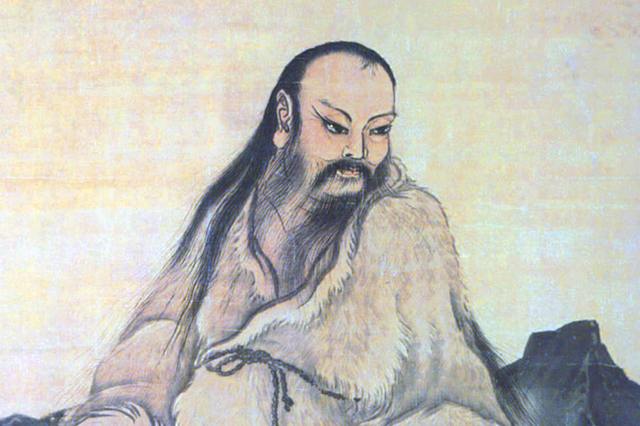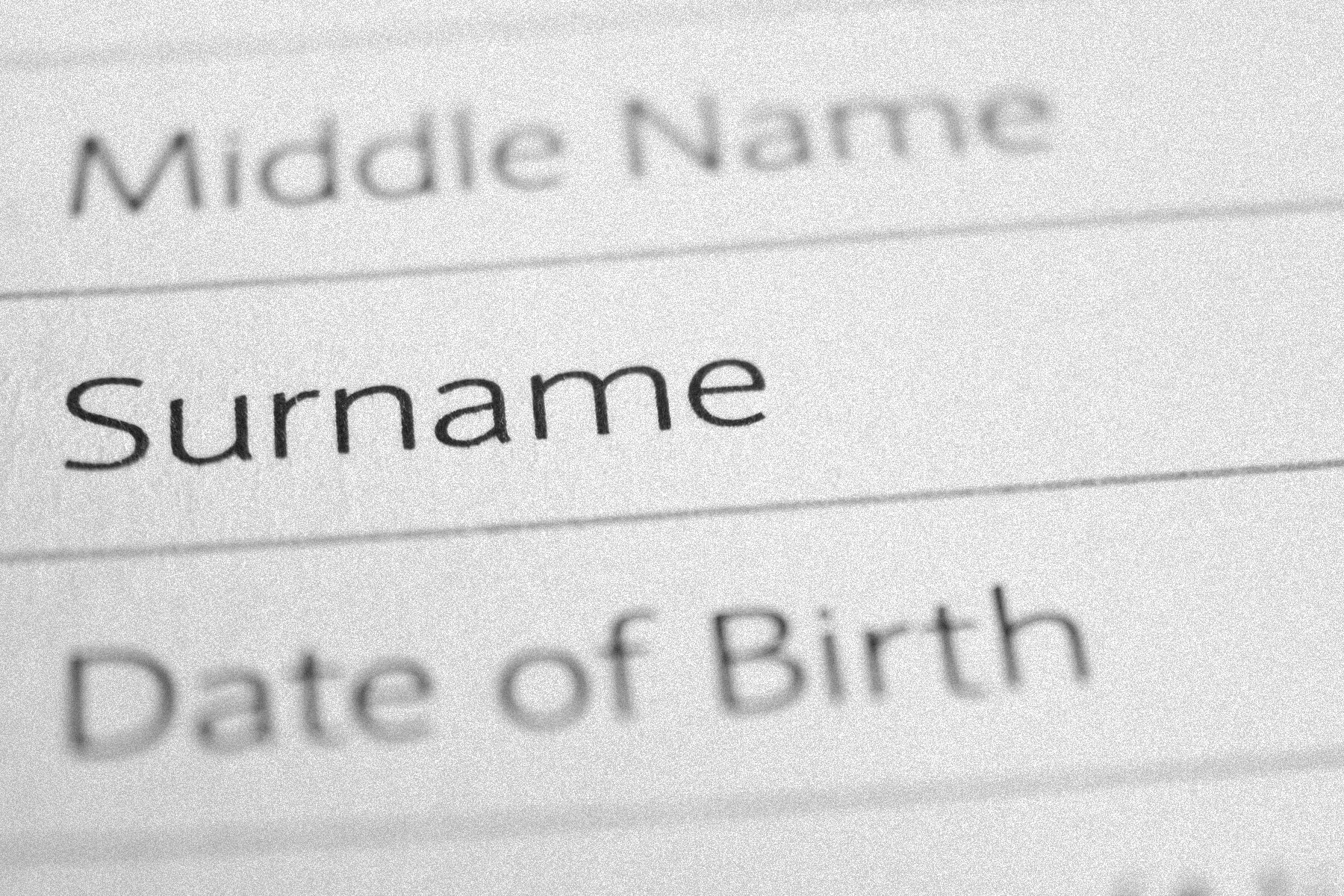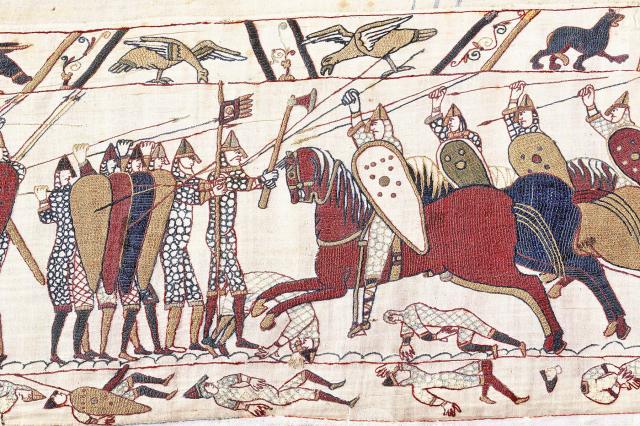When Did People Start Using Last Names?
There were around 6.3 million different surnames, also known as family names or last names, reported in the 2010 U.S. census, and there are millions more worldwide. Some, of course, are more popular than others: More than 106 million people have the last name Wang (a Mandarin term for “prince” or “king”), making it the most common surname in the world. And if you live in the U.S., there’s a pretty good chance you know someone with the last name Smith, Johnson, Williams, Brown, or Jones — the five most common surnames in the country.
As populations grew, surnames began as a way to differentiate between people with the same first name, for both legal and social purposes. Having more than one name helped identify which John owned a specific parcel of land or which Robert had a son who was getting married. Over time, they became important to an individual’s identity and heritage, particularly as people began to emigrate from their homelands. Today, etymologists and genealogists continue to research the origins of last names as a way of gaining insight into how people and societies have developed personal and collective identities. Here’s what we know about how this naming convention came to be.

Surnames First Emerged in China
The concept of surnames dates back thousands of years, with the earliest examples found in China as early as the third millennium BCE. (Some of those names, such as Zhong, also written as Chung, are still used today.) Genealogists believe that matrilineal surnames were used in China until the Shang dynasty (1600-1046 BCE), when there was a shift to using patrilineal names.
Other ancient societies, including Greece and Rome, had their own systems of assigning names based on family and clan associations. The ancient Romans assigned three-part personal names (tria nomina) that included a praenomen (given name), nomen (clan name), and cognomen (family name), indicating the importance of lineage and family connections even in early Western cultures.



















